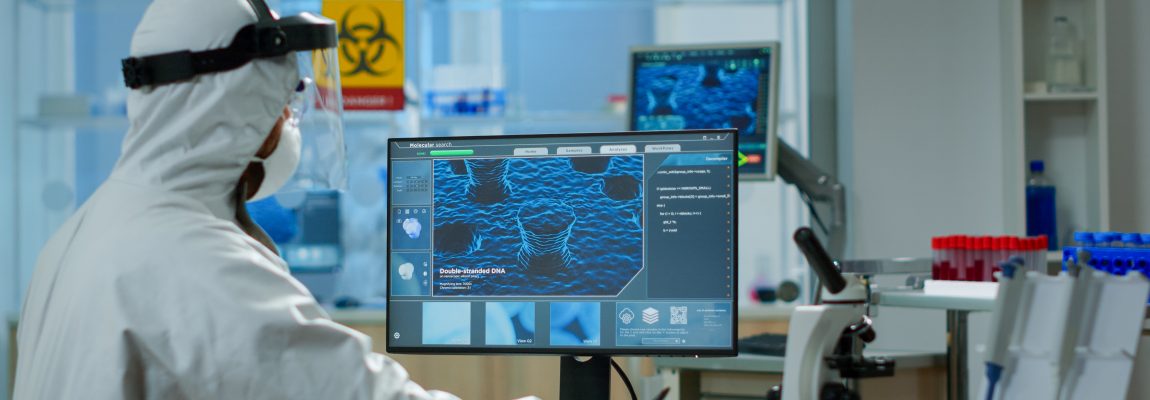Becoming a medical innovator and finding value in creativity can be a rewarding and impactful journey. Here are some steps to help you cultivate your innovative mindset and embrace creativity in the medical field:
Embrace a growth mindset: Adopt a mindset that views challenges as opportunities for growth and learning. Believe in your ability to generate innovative ideas and solutions. Embrace a curiosity-driven approach that constantly seeks new knowledge and perspectives.
Stay updated with advancements: Stay informed about the latest research, technological advancements, and medical breakthroughs in your field. Attend conferences, workshops, and seminars to expand your knowledge base. Engage with scientific literature and publications to explore emerging trends and opportunities for innovation.
Foster interdisciplinary collaborations: Engage in collaborations with professionals from diverse backgrounds, such as engineers, designers, data scientists, and entrepreneurs. Interdisciplinary collaborations can lead to novel approaches and solutions by combining expertise from different fields. Seek opportunities to collaborate on research projects, innovation challenges, or startup initiatives.
Encourage a culture of innovation: Foster an environment that encourages creativity and innovation within your workplace or organization. Advocate for open communication, idea-sharing, and a willingness to experiment and take calculated risks. Encourage your colleagues to explore new approaches and provide support for innovative projects.
Seek mentorship and guidance: Find mentors who have experience in medical innovation and creativity. They can provide guidance, share insights, and offer advice based on their own experiences. Seek out mentorship programs, professional networks, or academic institutions that offer support for aspiring medical innovators.
Embrace continuous learning: Cultivate a habit of continuous learning and professional development. Engage in self-directed learning, online courses, and workshops related to innovation, design thinking, entrepreneurship, or emerging technologies. Expand your skill set beyond traditional medical knowledge to include areas like project management, leadership, and communication.
Practice creative problem-solving: Develop your creative problem-solving skills by actively seeking opportunities to solve challenges in the medical field. Apply design thinking principles, which involve empathizing with the needs of patients or healthcare providers, defining the problem, generating multiple solutions, prototyping, and testing ideas. Embrace a mindset of iterative improvement and be open to feedback and adaptation.
Engage in research and experimentation: Participate in research projects or conduct studies that explore innovative approaches to medical problems. Consider applying for grants or funding to support your research initiatives. Emphasize evidence-based innovation by grounding your ideas in scientific research and clinical evidence.
Stay connected to the medical innovation community: Engage with the broader medical innovation community through professional networks, online forums, or industry events. Connect with like-minded individuals, attend innovation-focused conferences, and participate in hackathons or innovation challenges. These connections can provide opportunities for collaboration, mentorship, and exposure to new ideas.
Anf, of course – Celebrate and share your innovations: When you make progress or achieve a breakthrough, celebrate your successes. Share your innovations with the medical community through publications, presentations, or by participating in innovation showcases or competitions. Sharing your work not only contributes to collective knowledge but also inspires others to pursue their own creative ideas.
Remember that medical innovation requires perseverance, adaptability, and resilience. Embrace the value of creativity and its potential to make a positive impact in healthcare. By cultivating an innovative mindset and seeking out opportunities to apply your creativity, you can become a medical innovator and contribute to the advancement of healthcare.
